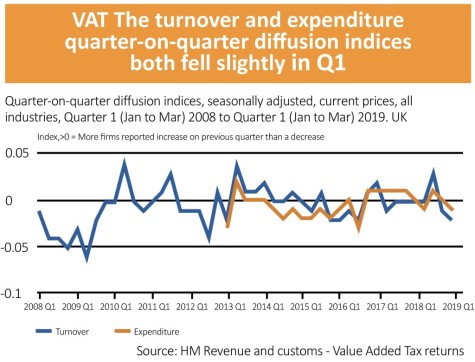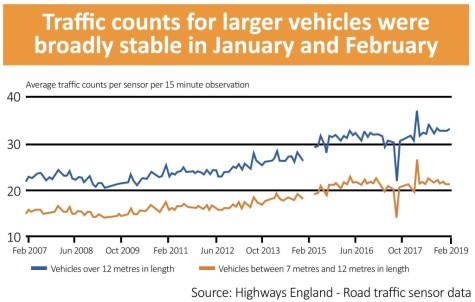Earlier this week the Office for National Statistics (ONS) published a new set of indicators which it hopes will offer a ‘real-time’ guide to economic activity in the UK.
As the ONS explains, ‘The appetite for faster information on UK economic activity has never been higher. Policymakers and analysts demand faster insight into the state of the UK economy in order to make informed, timely decisions on matters, such as the setting of interest rates, which affect the whole UK.’
Thanks to the growth in ‘big data’ and the availability of software which can process billions of pieces of information in nano-seconds, the ONS has looked at three sets of data which it hopes will provide ‘Faster Indicators’ on the economy.

The first is VAT returns, tracking both turnover and spending, which were a good proxy on economic activity during the last recession.
The second is ship tracking data collected from the UK’s 10 largest ports, which is unconventional but does offer a ‘quick and dirty’ indication of the level of port activity, which is related to trade.
The third is road traffic data, especially heavy truck movements, which is less unusual: the German federal statistics office has been collecting trucking data for years to analyse economic trends.
It’s still early days but the first release of the data seems to show that on the basis of VAT returns the economy slowed in the first quarter of this year compared with the final quarter of 2018.
Some of the data excludes March so the picture isn’t 100% complete. Also, considering that 29 March was the day the UK was originally due to leave the EU, it’s not entirely surprising that economic activity looks like it’s dipped since the turn of the year, but more data sources are always useful.

‹ Previous2019-04-18Next ›

 magazine
magazine










